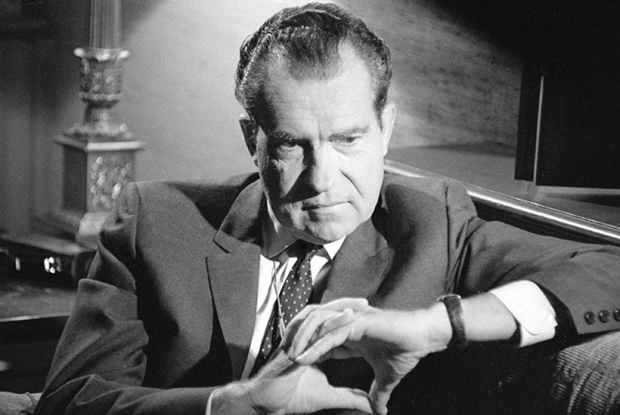I first heard of this tragicomic spy romp around Israel and Palestine when Julian Barnes sang its praises in the Guardian a few months ago, having been ‘lucky to see an advance proof’. Lucky? Well, he and Nathan Englander do share an agent, who perhaps noticed that Dinner at the Centre of the Earth just happens to take its epigraph from a novel by, er, Julian Barnes.
Already a subscriber? Log in
Subscribe for just $2 a week
Try a month of The Spectator Australia absolutely free and without commitment. Not only that but – if you choose to continue – you’ll pay just $2 a week for your first year.
- Unlimited access to spectator.com.au and app
- The weekly edition on the Spectator Australia app
- Spectator podcasts and newsletters
- Full access to spectator.co.uk
Or
Unlock this article
You might disagree with half of it, but you’ll enjoy reading all of it. Try your first month for free, then just $2 a week for the remainder of your first year.














Comments
Don't miss out
Join the conversation with other Spectator Australia readers. Subscribe to leave a comment.
SUBSCRIBEAlready a subscriber? Log in